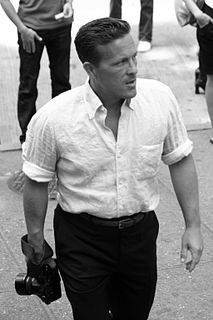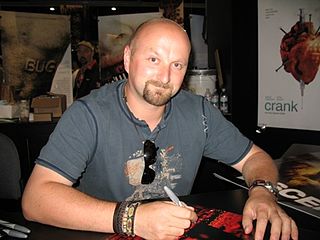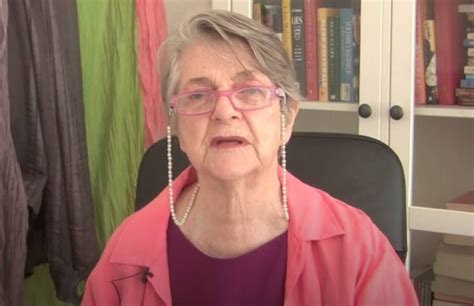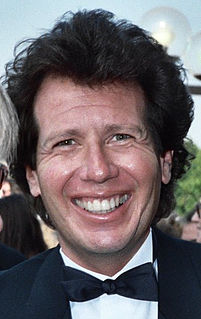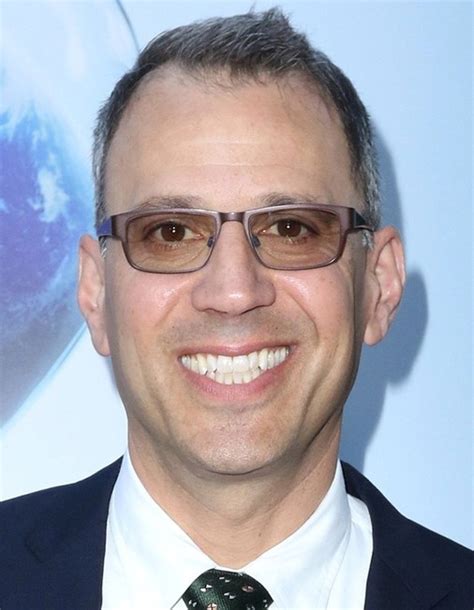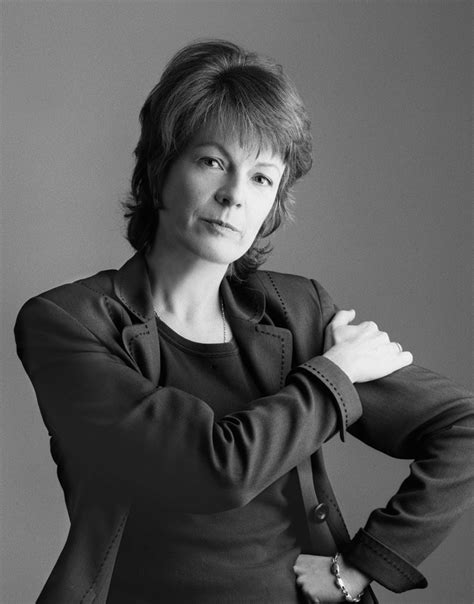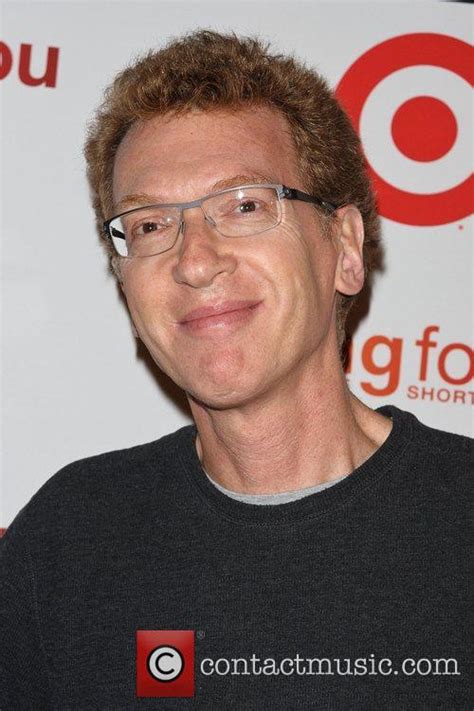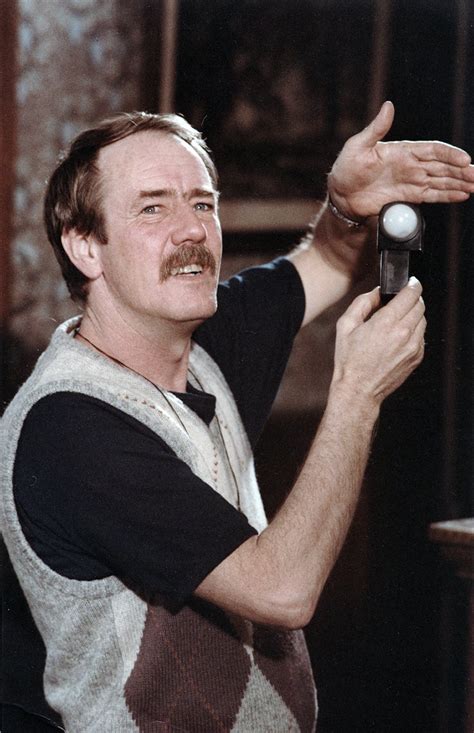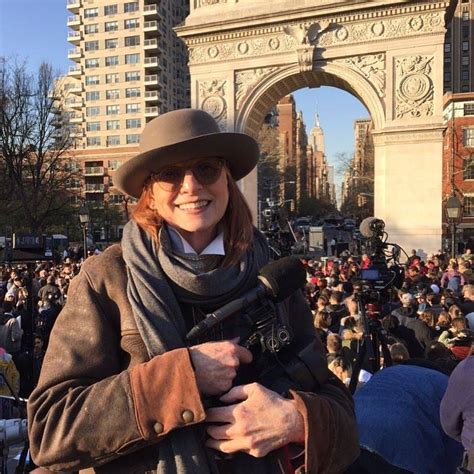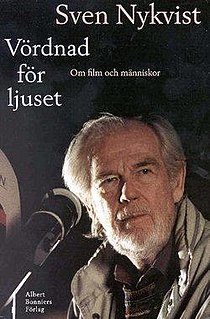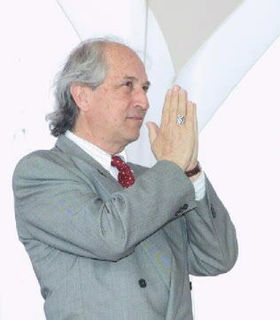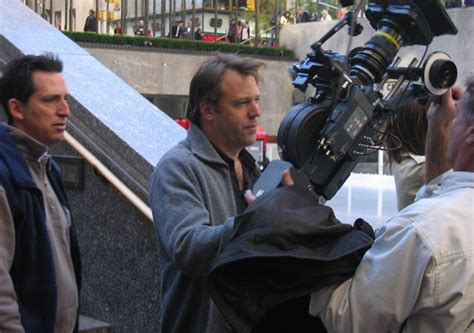A Quote by Vilmos Zsigmond
I think that the audience should not be able to tell if it is real or not real - it should be an enhanced version of reality, or an artistic view of reality, that captures not only what is physically there, but what is not visible - the mood.
Related Quotes
Reality became for me a problem after my experience with LSD. Before, I had believed there was only one reality, the reality of everyday life. Just one true reality and the rest was imagination and was not real. But under the influence of LSD, I entered into realities which were as real and even more real than the one of everyday. And I thought about the nature of reality and I got some deeper insights.
Reality television is to television what marble and gold are to real estate. The point is to dispense with the idea of taste. It's all id. The more unrestrained the better. We all know that 'reality' in reality television is not real. That anybody who would participate in reality television is a fake. But pretending otherwise makes them real.
In anything really, it's finding the reality. You can't be 'real,' but you can create a reality. And that created reality is what the audience believes in. And that's essential. Because if the audience doesn't believe that, they're never going to trust you. And if they don't trust you, you can't lead them up the mountain.
I love CG - it's a great tool. I just don't think you should use it to replace reality; you should use it to augment and enhance. Do matte paintings, do composites, do replications, stuff like that, but you're taking something real and working with that as opposed to trying to fake it from scratch. The human brain can tell the difference.
Nothing which is at all times and in every way agreeable to us can have objective reality. It is of the very nature of the real that it should have sharp corners and rough edges, that it should be resistant, should be itself. Dream-furniture is the only kind on which you never stub your toes or bang your knee.
Imaginary obstacles are insurmountable. Real ones aren't. But you can't tell the difference when you have no real information. Fear can create even more imaginary obstacles than ignorance can. That's why the smallest step away from speculation and into reality can be an amazing relief...The Reality Solution means: Do it before you're ready.
When you drill down, blockchains are really a shared version of reality everyone agrees on. So whether it's a fully immersive VR experience, augmented reality, or even Bitcoin or Ethereum in the physical world as a shared ledger for our 'real world,' we'll increasingly trust blockchains as our basis for reality.
Plot involves fragmentary reality, and it might involve composite reality. Fragmentary reality is the view of the individual. Composite reality is the community or state view. Fragmentary reality is always set against composite reality. Virginia Woolf did this by creating fragmentary monologues and for a while this was all the rage in literature. She was a genius. In the hands of the merely talented it came off like gibberish.

